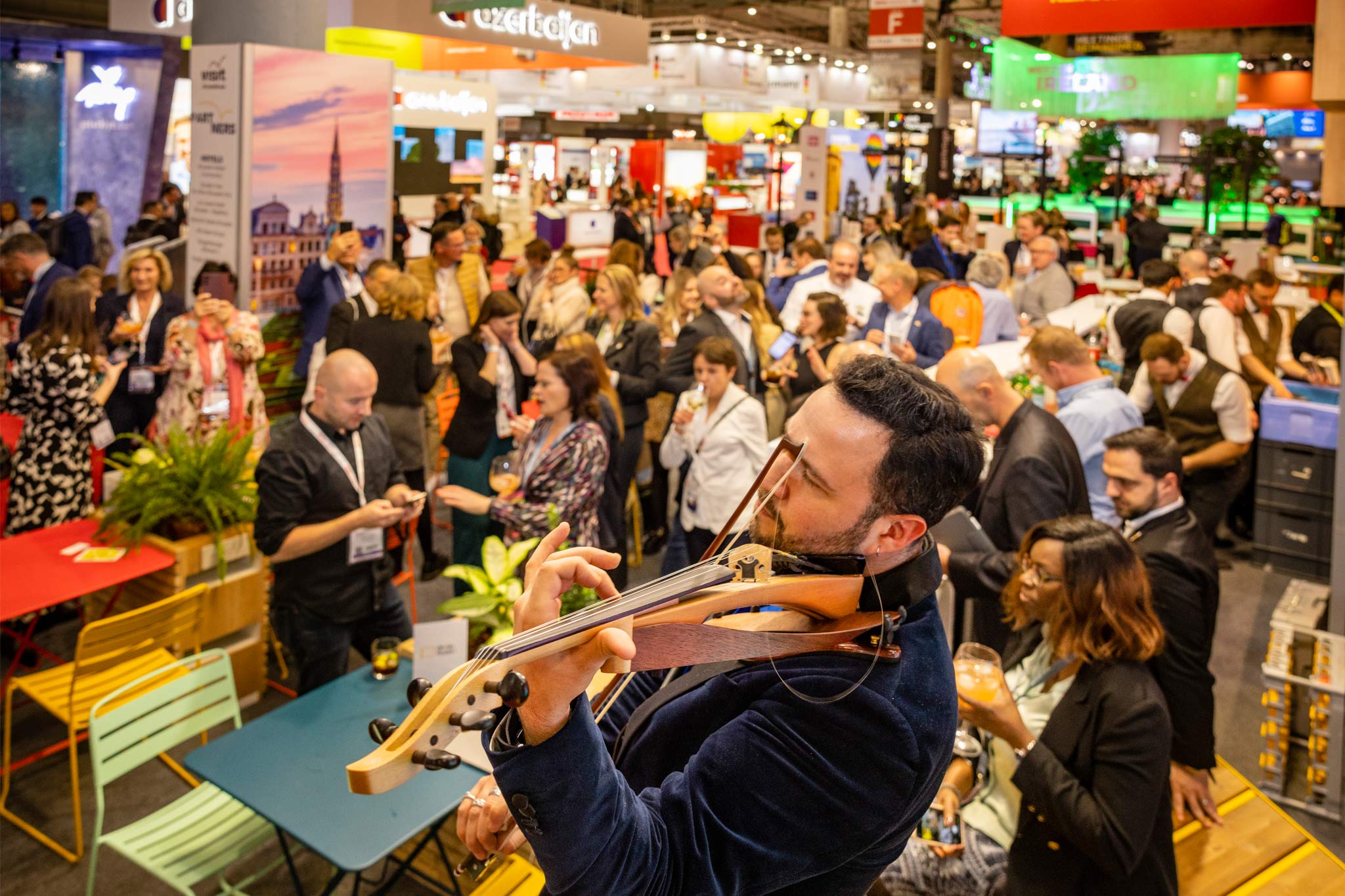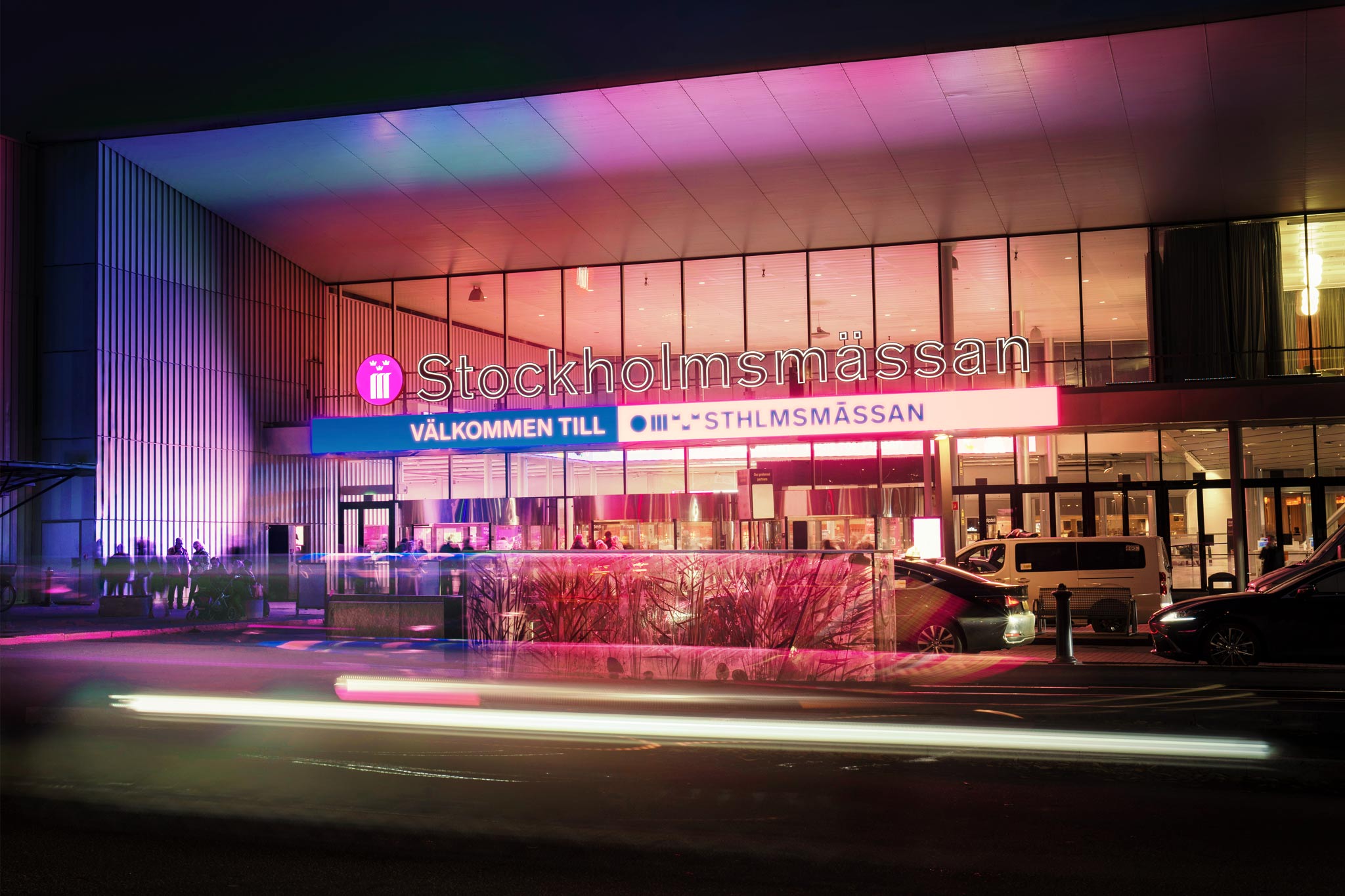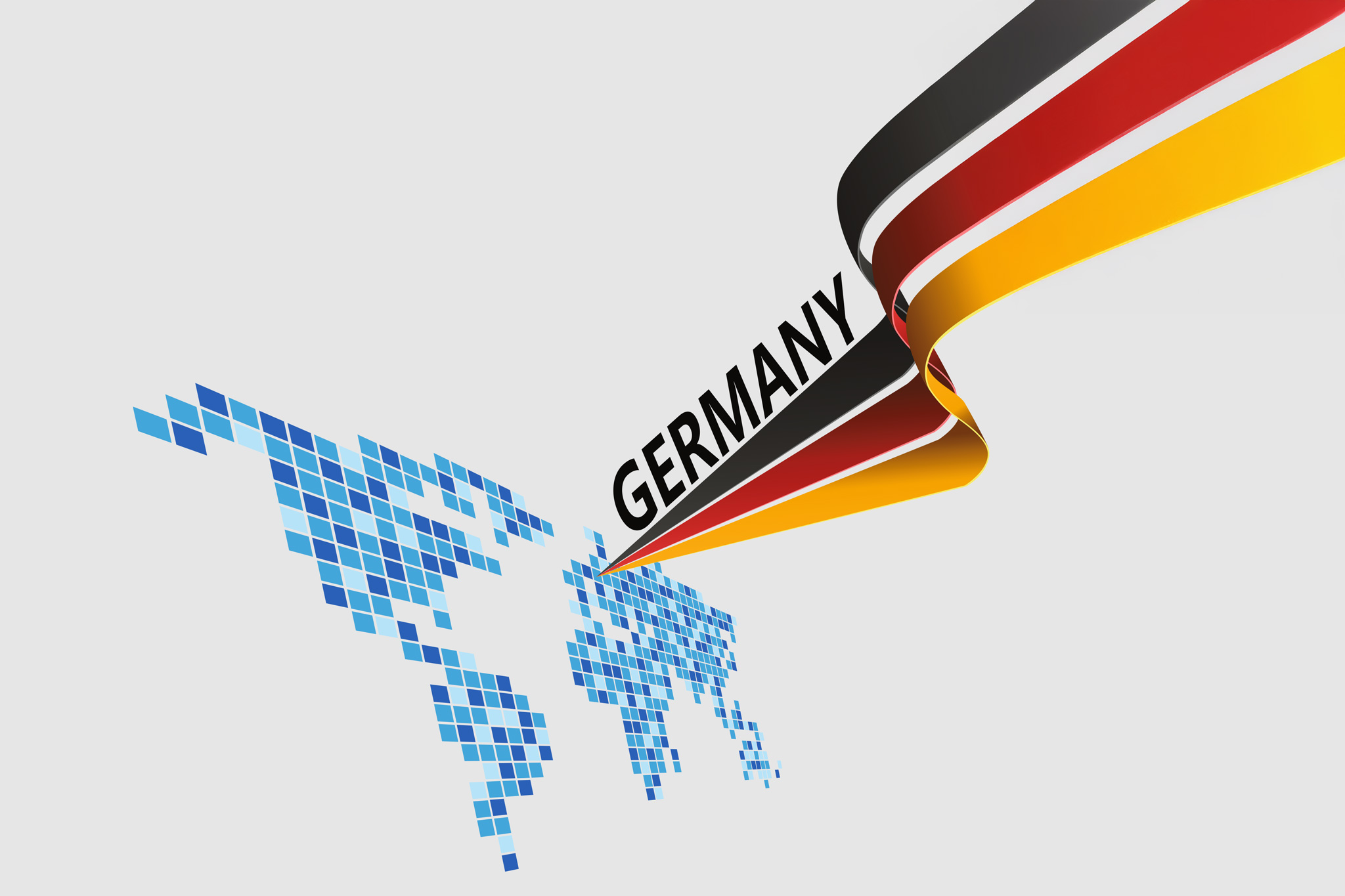As the world navigates the new work-from-home culture, many businesses are relying on organised face-to-face experiences to strengthen company culture, but the event industry is currently feeling the pressure as a result, recent data highlights. Nearly nine in ten event professionals (87 per cent) underline that events are needed more than ever in today’s remote working landscape, according to a survey by the team at IBTM World as part of The Culture Creators Report 2023. In-person experiences are cited as instrumental in forging relationships, enhancing team performance, and boosting team morale, as workplaces are more physically segregated than ever.
Nick Nagle, Marketing Manager at IBTM World, explains: “It goes without saying that events are back with a bang post-pandemic, and while that often feels like a thing of the past, we are currently experiencing a different epidemic: burnout. Stress isn’t a new topic for event planners, but we’re working with new challenges. This is undoubtedly taking its toll on the industry, as our data highlights, and we need to do more to support amidst the increased pressures.” This comes as a result of remote work increasing fivefold since the pandemic. According to data, 5 per cent of full-time work was done from home in 2019, but today’s figure has climbed to as high as 25 per cent in just three years. This increase is equivalent to what was recorded across almost 40 years of pre-2020.
As a result, almost four in five (79 per cent) of event professionals admit that they find their job roles more stressful today than before the pandemic. This year, the profession was ranked as the third most stressful job in the world, ranking only below ‘military service’ and ‘home health aide’. It was listed as a higher-stress job than teachers, first responders, surgeons, and social workers. Almost two thirds (61 per cent) put this down to increased responsibilities, with their evolved roles now emphasising tech, data and digital capabilities. Today, event organisers are being forced to explore ideas outside of the traditional comfort zone with a landscape of increasingly digitally-enabled audiences and the emergence of new experience technologies, something that was supercharged during the pandemic. Yet with increased responsibilities, heightened pressure, and more workload (three-quarters report an increase in the number of events they are planning), a staggering 90 per cent of event professionals report no change to their reward packages.
This implies that those within the industry are expected to take on more without any added compensation, whether financial or in a benefit form. The situation is likely very disappointing for many, considering that two thirds (66 per cent) of event professionals believe that businesses understand the importance of events and give the industry the recognition it deserves, just not the people behind it. It hints at potential future recruitment and retention issues for the industry, which could have a detrimental impact when in-person experiences are needed more than ever. Research from The American Psychological Association highlights that as many as half of employees who feel undervalued will look for a new role within a year. Jessica Charles, Vice President of Programming and Events at Forbes, said: “The biggest risk is losing talent. People can give up and say, I can’t do this anymore because it’s a very demanding job physically and mentally. My biggest concern is losing people that I know are fantastic events people, but they can’t do it anymore.”
This is particularly concerning when events are more important than ever within the business sector. As many as four in five (81 per cent) emphasise that events are instrumental in forging and strengthening team relationships. Almost two thirds (65 per cent) believe that attending events together is a catalyst for enhancing team performance, and 67 per cent credit events with boosting team morale. However, despite its importance, the shift in the workplace brings many challenges for organisers. Event planners will likely need to offer more incentives to encourage delegates to leave their home offices, particularly as they encounter higher travel and accommodation costs. Yet, despite these obstacles and pressures, almost two thirds (64 per cent) would recommend the industry to friends and family, which further cements the passion and dedication of event professionals and underlines the importance of recognising their commitment.
IBTM have integrated a ‘ReFuel’ zone into their 2023 event, which allows attendees time and space to relax and recharge their physical and mental batteries. It offers sound and aromatherapy healing and a solo working area to provide respite from the show floor.
The full report available here.



